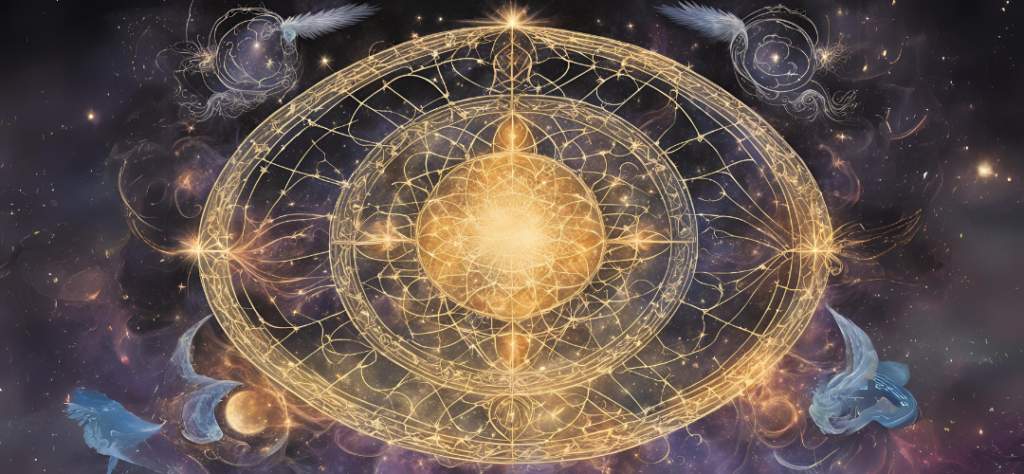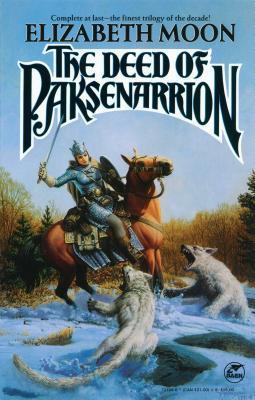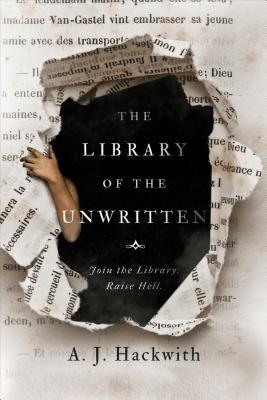
Divine Interventions:
Exploring the Wonders of Divine Magic Systems
Initially, I found magic systems usually fall under just three grand levels:
Rule-based – a magic system that follows specific rules, laws, or principles that govern its use and behavior. Think of novels like The Name of the Wind by Patrick Rothfuss.
Soft Magic – a magic system that lacks clearly defined rules or limitations governing the use of magic. Think of novels like The Hobbit by J.R.R. Tolkien or The Night Circus by Erin Morgenstern.
Symbolic – a magic system based on symbolic gestures, objects, or rituals that represent larger concepts or ideas. Think of novels like The Bone Season by Samantha Shannon or The Ten Thousand Doors of January by Alix E. Harrow
Read more about the different types of magic systems here.
The Divine magic system is drawn from deities or higher powers, typically through prayer, rituals, or divine intervention, and can fall under both rule-based or soft magic. This magic can also have symbolic meaning, as well. The Chronicles of Narnia series (2005-2010), based on C.S. Lewis’s beloved novels, these fantasy films depicts a magical world where divine elements are present. Characters encounter beings such as Aslan, the wise and powerful lion who serves as a divine figure representing goodness and redemption. As a teenager, I read and reread novels like The Deed of Paksenarrion by Elizabeth Moon that introduce the divine such as Gird – revered as a god of war, justice, and protection. Alaynia – goddess of nature, Lady of the Wood – a mysterious and enigmatic deity associated with nature, wilderness, and the forest, Fornara – goddess associated with healing, agriculture, and fertility, and Sier – a deity of wisdom, knowledge, and foresight. I loved every layer this series was and still is including.
Under rule-based magic, the divine magic operates under rules and principles set by gods or higher powers. There can be limits and guidelines governing how the magic is accessed, who can wield it, and what effects it can produce. Characters often adhere to religious doctrines, perform specific rituals, or must meet certain criteria to access their powers. Novels such as The Belgariad series by David Eddings use divine magic as it is wielded by characters known as sorcerers and sorceresses, who draw their power from the gods of the world. Each god grants their followers specific magical abilities and spells, with clear rules and limitations governing their use. The magic system is deeply rooted in the mythology and lore of the world. Another wonderful novel series The Singers of the Four Quarters by Tanya Huff features a rule-based divine magic system as the magic is intricately tied to the elements and is channeled through specific rituals and practices. The magic wielders, known as Singers, draw upon the power of the four elemental Quarters—Air, Fire, Water, and Earth. Each Quarter has its own set of spells and abilities, and Singers must adhere to the rules and limitations of their respective Quarters. The magic system in this series is structured and governed by clear principles, making it a rule-based divine magic system.
Under soft magic, the settings can make divine magic more mystical manner, with less emphasis on explicit rules and limitations. Divine magic is mysterious and enigmatic, operating according to the whims of the gods or higher powers. There are no rules. Characters rely on faith, intuition, and spiritual connection rather than formal training or knowledge. The magic is a more fluid element within the narrative. In the novel The Library of the Unwritten by A.J. Hackwith, the central setting of the Library of the Unwritten in Hell, unfinished manuscripts come to life. This is a place of immense power and mystery, embodying the concept of unwritten stories and the potential of creation. Its existence is linked to divine forces and cosmic balance, making it a focal point of the divine magic system. Claire, the librarian, embodies the connection between mortals and the divine. Her role as a mediator between authors, characters, and cosmic entities highlights the mystical and ethereal nature of the divine magic system. The novel also introduces various cosmic entities, such as angels, demons, and gods, who wield immense power and influence over the mortal realm.
Divine magic has symbolic meaning as it portrays a deeper thematic and metaphorical meaning within the story. It symbolizes themes such as faith, redemption, divine intervention, or the struggle between good and evil. Characters who wield divine magic may serve as symbols of hope, righteousness, or the divine will, embodying larger concepts or ideals within the narrative. In this case, divine magic functions as a symbolic element that adds depth and resonance to the story.
The writer incorporating a divine magic system uses this to evoke a sense of wonder and awe, capturing readers’ imaginations with its supernatural elements and mystical qualities. Divine spells, miracles, and manifestations written in vivid detail draw readers into a world where the boundaries of reality are transcended by divine power. This magic is also deeply intertwined with cultural and religious beliefs through rituals, myths, and traditions. The rich tapestry of the story’s setting offers insights into its history, society, and values. The characters often have deeply held beliefs and motivations shaped by their faith. The writer delves into the inner thoughts, struggles, and convictions of these characters, allowing readers to empathize with their journeys and understand the significance of their actions within the context of their religious beliefs. The themes of faith, doubt, and spiritual growth are explored in characters grappling with questions of belief, morality, and the nature of divinity, inviting readers to ponder their own views on these existential topics and the role of faith in their lives. Most novels that use this magic system have epic storytelling, with gods, demigods, and divine champions engaging in epic battles that shape the fate of worlds to immerse readers in the high stakes and epic scale of the narrative.
My upcoming novel Trena the Memory Reader has divine magic from the get-go. Trena has been gifted with an unknown visual ability to read others’ worst memories. Yes, she is a favor of the gods and has been chosen.
Here is a sample as she begins to learn more about the ‘sight’.
Trena opened her eyes, and with a dark depth of disquiet, she gazed at the man before her. Their eyes locked, and her thoughts delved into his mind. It was as if she burrowed into a place to immediately find the pulsing redness of his worst memories. She abhorred the invasion and feared to see more tragedy and personal anguish. Not only to see it but to be in it, following as it took place once more. A youth, resembling the faintest features of the man she sat before, carried a web net, rushing toward a fluttering insect, to sweep and capture it within, only to unfold the net to see the delicate wings of a broken and green liquid spilling out. She stared as his fat tears rolled down red cheeks, unwillingly denying the insect’s last death throes, his horse gasps of ‘no’ unable to stop the delicate form shriveling to dust in his youngling palm.
A different memory surfaced swiftly. The day shifted to a night of revelry, a group of men, one similar in features to the boy, yet older with thinner hair and adult features as time turned. He sat with the others around a table in a building with a roaring fire and pints of drink with a banquet of food. His face beamed with laughter. Yet he turned as someone called him, an urgency of fear in her tone. His features fell as she neared. She leaned down and told him of his wife’s early birthing. Her anguish was clear, and her words held back the dark news of death. He rushed home, into a bedroom to see blood-stained sheets and find a woman lying within them. Her gaze turned inward. No longer did she see. The emotionless state removed her from the pain of the baby’s loss. No matter his pleas, she soon followed.
Trena jerked back from the connection. She quickly put on the visor and scrambled to stand, stepping back from the cushioned seating area.
Be on the lookout for this novel to be published soon in late 2024. Until then please catch my other work, serially published novel, Sparrow’s Legacy, on Kindle Vella. You can read the first three chapters free on Amazon by searching for “Sparrows Legacy Kindle Vella” or clicking here. Or you can find my debut SFF novel, the space opera Drayton’s Discoveries. For the love of all fantasy and SFF, please leave a review. Feedback is my sole sustenance for writing. Don’t let me starve. If you liked this blog, please be sure to sign up for future blogs.
For those trying the writing game, I want to give a quick shout-out to PLOTTR software. I’ve found it has really improved my writing game and increased my efficiency tremendously. It is my new favorite writing aid. Use any of my affiliate links below and I might get a small commission. Thanks.
Check out my YouTube channel for PLOTTR videos @jlnichauthorsff
Joseph Michael’s Learn Scrivener Fast e-course
Please subscribe to my website if you want to be notified when I’ll be publishing or to get free samples of my work.
JL Nich, Science Fiction Fantasy Author


